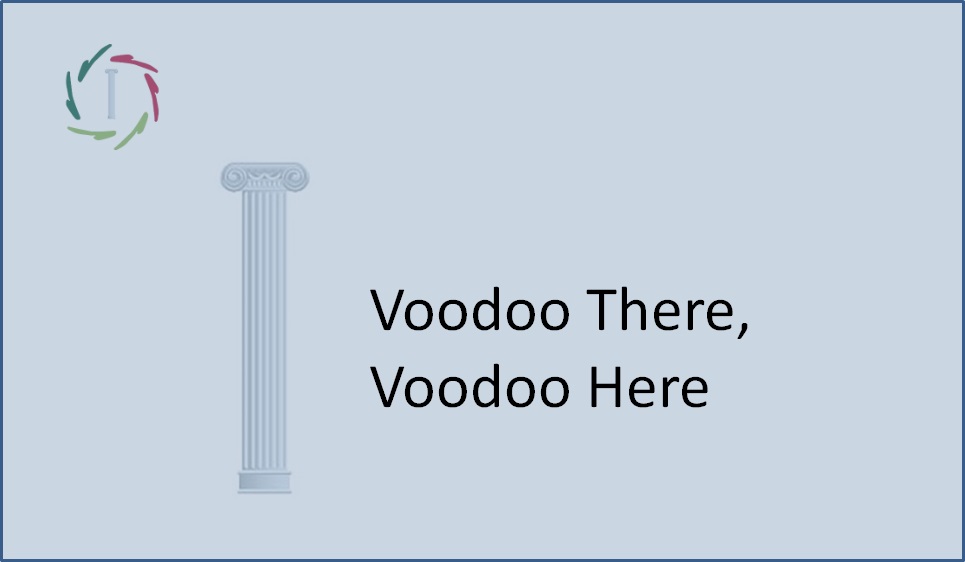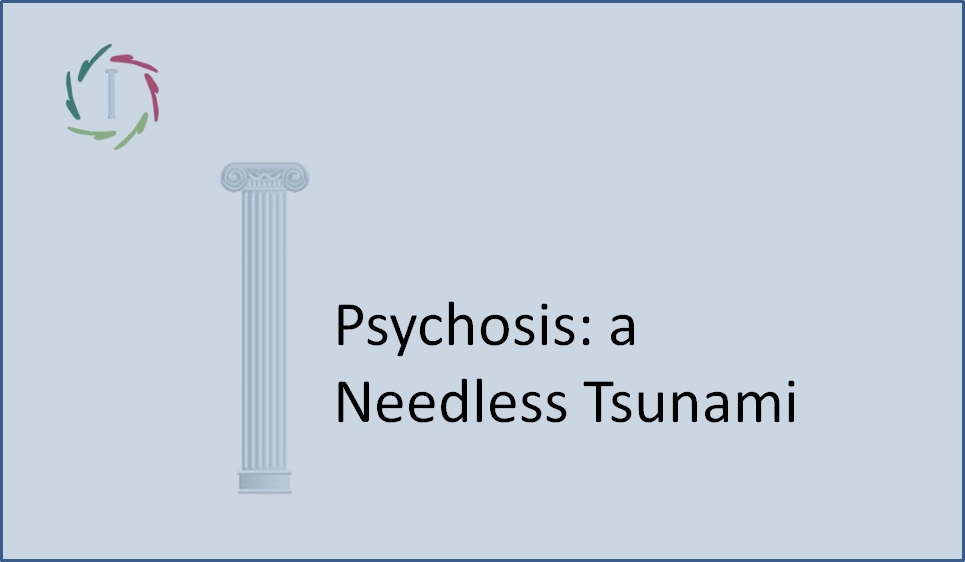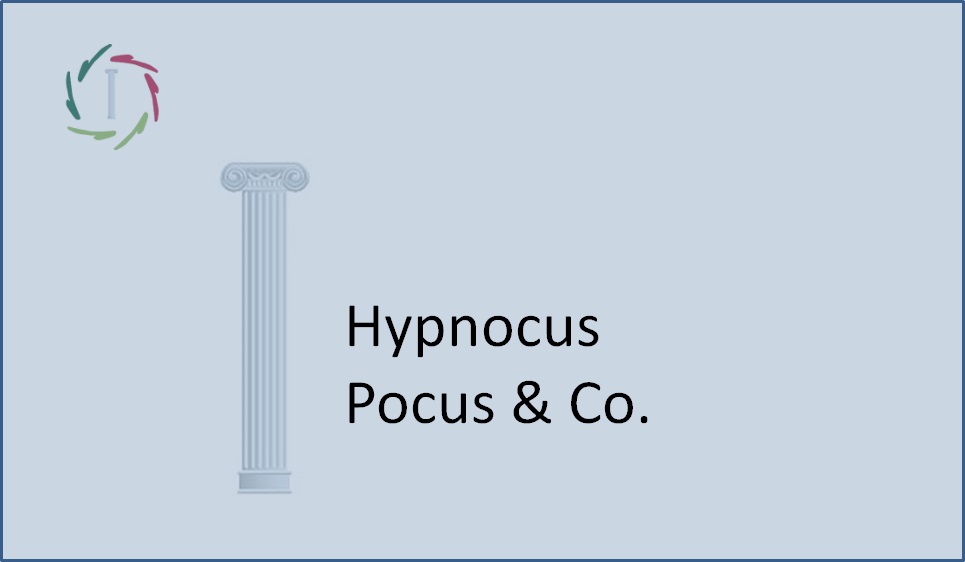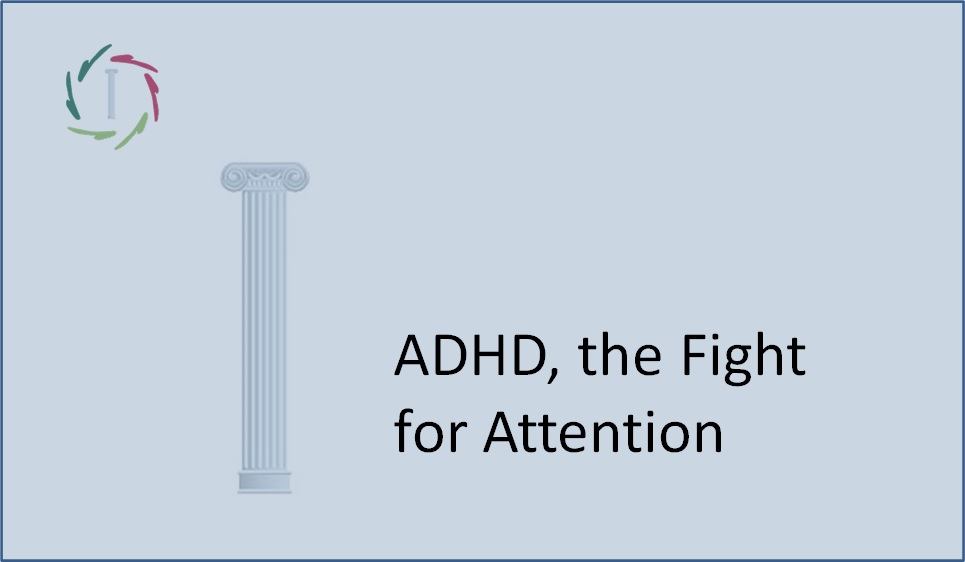13. Voodoo There, Voodoo Here

100% rationality IS 100% humanity.
Gods and goddesses
In the 6th year of my med school I did a five-month internship in Salvador Da Bahia, Brazil. Very interesting and also very significant for the ‘sensitive’ guy I was at the time. For many reasons. Among other things because of the contact with Candomblés, a Voodoo religion that is being practiced by many local residents next to and to some extent even overlapping with Catholicism.
In Candomblés one also practices ‘medicine’ and ‘psychotherapy’. A needy person looks for a mãe santo (priestess, usually female) or a terreiro (a meeting that involves rituals). This consultations involve all kinds of magic. Some orixa (God) descends into the mãe santo or into one of the other attendees, who then behaves in the manner of this deity and so brings about the change that leads to healing. ‘It works.’ The question is, as always with these 2 words: what works and what for?
Everyone strongly believes in the ‘authenticity’ of all kinds of treatments that are ‘working’.
And so did the people in Salvador in the year 1985 and besides, they still do believe in it now. Like several thousand years ago in the temples of Isis in Egypt and subsequently throughout the entire Roman Empire. Like several hundred years ago in the West via blood-letting, purging and so on. We would say: in all these examples, that what makes the conditions optimally beneficial for the placebo-effect ‘works’. A good question would be: what is their share in contemporary western medicine?
One man’s faith is another man’s superstition.
For an antique-world supporter of Serapis, the Madonna of Lourdes is just superstition. And the same is true the other way around, which is very normal. We are all children of our own history. Besides, do you recognize the word ‘therapy’ in ‘Serapis’? It is directly derived from it. Also notice specific elements of Yemanhun in Isis and how the Madonna is pictured on the basis of these elements. Yemanhun is a very old Yoruba deity in Africa who, together with the black slaves, eventually made the crossing to… Candomblés. “The world is small” so they say. “And we are in the middle of it.”
In the interest of your practice
Genetically seen, the people who are going to temple X or Y and those who end up in your practice, are the same. In principle, they have the same needs, concerns, sensitivities. They have largely the same psychological build-up. They are the same people. What do you expect from them? What do they expect from you? Is a belief in ‘science’ for the man in the street here, in our culture, functionally different from a belief in the orixa’s there? When talking about psychosomatics, is the share of <placebo + empathy> very different in case of ‘science-based psychotherapy’ than in case of Candomblés?
I don’t expect doctors to perform a ritual à la Candomblés (including cigar, brandy and a freshly slaughtered chicken) somewhere in the countryside. But is this in principle quite different from a western ritual (including waiting room, doctor’s coat and stethoscope)? Regardless of rationality of course that plays a much larger role in one case than in the other, the placebo content of both may be more similar than we usually think.
My humble opinion
Perhaps my opinion might surprise some readers of this column. It is clear to me though: we must choose for one hundred percent rationality. At the same time, we must opt for one hundred percent humanity, including the symbolic, poetic side of it. The one should not stand in the way for the other, and vice versa. So, a perfect synthesis. That means however that, ultimately, no form of conscious deception should remain. The more insight we get in placebo, the more we should try not to use it. However, we may indeed use the underlying in a direct, open manner.
Only truth can truly cure.
A lie never brings you further than the surface. An unintended untruth may already go deeper. But the only thing that ultimately goes beyond a commitment to full truth, is full truth with a human face. People do not live on bread alone. People live above all on poetry.


